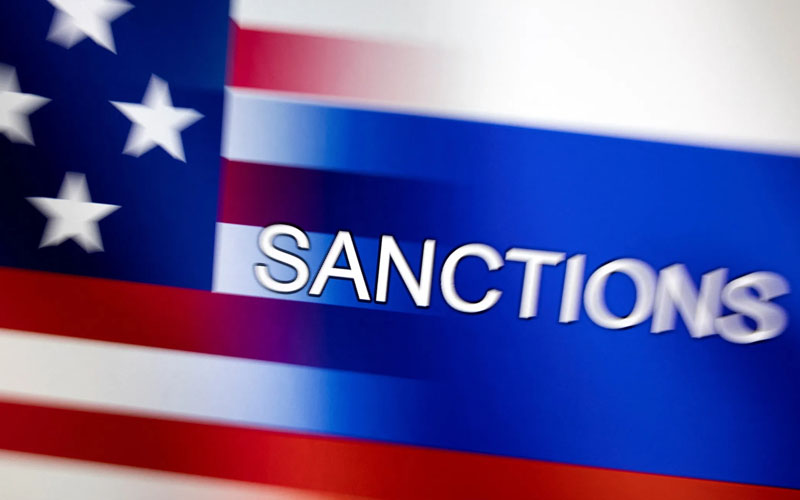The TBH Desk
Bangladesh apparel leaders believe that any potential US sanctions on the country’s garment sector would not be due to labour issues, but rather for political reasons.
“The labour conditions in Bangladesh are not in a state that would necessitate the US or any other countries to impose sanctions,” said Mohammad Hatem, executive president of the Bangladesh Knitwear Manufacturers and Exporters Association (BKMEA) at a seminar organised at the Economic Reporters Forum in Dhaka today (11 December).
Echoing the view, BKMEA Vice President Fazlee Shamim Ehsan said, “The current situation is political. It should, therefore, be addressed diplomatically, not through RMG owners or labourers.”
At the event, Amirul Haque Amin, president of the National Garment Workers Federation, also questioned the ratification of ILO conventions by those advocating sanctions.
“How many ILO conventions have been ratified by those wanting to impose sanctions? Most haven’t ratified core conventions. If they claim Bangladesh’s labour standards are poor, it’s not about labour standards; they may have other motives,” he said.
The event was moderated by ERF General Secretary Abul Kashem and it was presided over by ERF President Refayet Ullah Mridha.
The letter, a copy of which was obtained by The Business Standard, said the policy would be another political tool to take measures on the pretext of labour issues.
“Though the ‘memorandum’ appears to be a global policy applicable for all countries, there are reasons to believe that Bangladesh may be one of the targets. Labour issues in Bangladesh were specifically quoted by the US secretary of state and acting secretary of labour at the launching ceremony [of the memorandum],” the letter said.
Acknowledging receipt of the letter from the Washington mission, Tapan Kanti Ghosh told The Business Standard over the phone on 28 November, “The letter is not an alert, it is a normal communication.”
On 16 November, US Secretary of State Antony J Blinken announced the Presidential Memorandum on Advancing Worker Empowerment, Rights, and High Labor Standards Globally.
In the course of the announcement, Blinken said, “Those who threaten, intimidate, attack union leaders, labour rights defenders and labour organisations will be held accountable.”
One of the lines of efforts is steps like sanctions, trade penalties, and visa restrictions, he said.
The timing of the memorandum coincided with violent protests raging across Bangladesh’s RMG sector – the jewel in the country’s export crown, with exports reaching over $46.99 billion in FY23 – centring on the demand for a hike in workers’ minimum wage.

